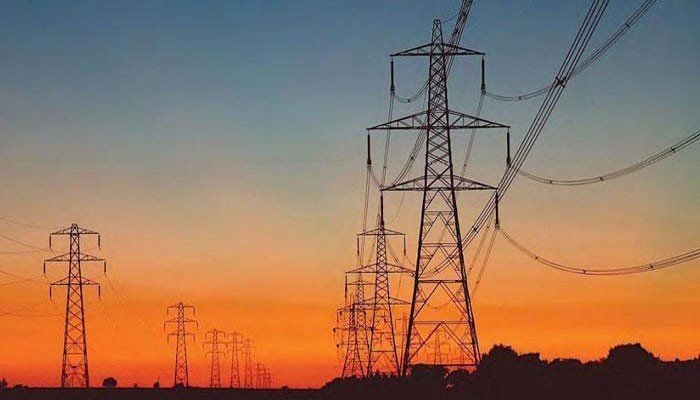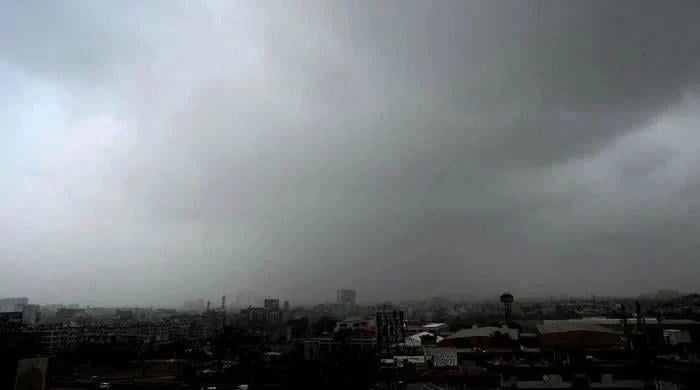Speakers at tourism webinar urge govt to fix GB's longstanding power issues
Speakers urge government to resolve issues to improve tourism in Gilgit Baltistan
April 07, 2021

ISLAMABAD: The federal government needs to fix the longstanding issues of power in Gilgit-Baltistan, said speakers at a webinar on Tuesday.
Journalist Jamil Nagri, while addressing “Tourism in Pakistan — Challenges and the Way Forward” conference, said that the region often got just between two to four hours of electricity during the day. He added that the situation turned harsher in the winters.
He also said that there were serious connectivity and internet-related issues in the region which needed to be fixed by the government.
Nagri said that the there was a lack of infrastructure and connectivity in the region and the government has to improve it. He also cited the lack of air and road connectivity with the rest of the country.
“The KKH (Karakoram Highway) is the lifeline of GB and whenever it gets blocked, thousands of people are stranded, including foreign tourists. There are flights only to Gilgit and Skardu. The government should consider allowing direct international flights to these cities to boost foreign tourist inflows,” said the journalist.
The general secretary of the Tour Operations Association of Gilgit Baltistan, Neknam Karim, said that Hunza was getting only two megawatts of electricity despite a demand of 26 megawatts.
He said that while the electricity situation in Chitral was better, because of several micro hydel projects, but the situation was the opposite in GB.
“Tourism planning is important but there's no planning of any kind. Look at the example of Murree and the kind of construction that has taken place there. There's no effort being made to integrate it with the natural environment,” he lamented.
He urged the government to invite tourism experts for consultation to formulate a policy that had the potential to surpass the country’s textile sector exports.
“The officials should invite industry experts to chalk out a blueprint on tourism policy. We can boost our international tourism by taking a few necessary steps. If we do so, we can surpass our textile sector growth” he added.
Ammar Habib Khan, a noted economist, was of the view that the environment was not good in the country for foreign investment.
“If you can't do what's required then step aside and let the private sector come in and fill the gas,” he said.
“If the government cannot provide services like power on its own then it should let the private sector come in - given the way the population is spread out and not concentrated, a power plant is not a good idea - but for localised generation solutions,” he added.
Nagri, while agreeing with Ammar, suggested that the government should encourage public-private partnership to fix the system. He also said that there was a serious electricity shortfall in the region.
“There's loadshedding of 20-22 hours in Gilgit Baltistan in the winter as well. Everything is connected to electricity and with this kind of load shedding you can imagine - in the winter most of the streams are frozen so hydel projects don't work.”
“I agree that the habit of paying bills is somewhat low in GB but that's also because people try to use other sources of fuel — but the whole system is bad because electricity comes only 2 hours a day — if it comes for so less then there will be issues.”
He also said that foreign climbers had to wait for months to get the green signal for their expedition in Pakistan.
Sirajul Mulk, owner of Chitral’s famed Hindukush Heights Hotel, said that he had set up his hydropower generation plant to fill the gap.
“The electricity system in Chitral is very different from that in Gilgit Baltistan, where they don't pay their electricity bills — in Chitral, there is more discipline — everyone pays their bills in Chitral even though the rate is the same as in other cities.”
To a question, he said: “We've never had as many tourists from within Pakistan in this past winter as we've had this winter - and that's because these people go abroad but they couldn't because of Covid - so they explored their own country.”









